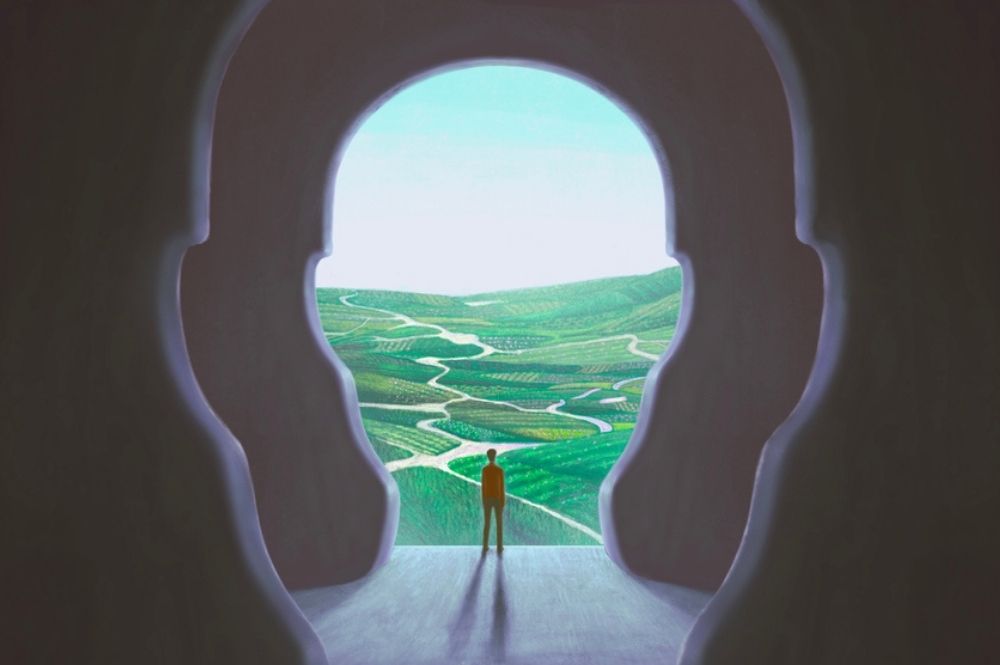There used to be a thought that as we got older we lost certain abilities and that was it. We couldn’t learn anymore…our gas tank was emptying and there was no more fuel down the block. If we were to suffer neurological damage we would not be able to get that back. This could be many things. Those of you reading may know someone who has had a stroke or maybe you’ve had a stroke and lost certain neurological abilities. Perhaps there are others that know someone who has been injured in a war and lost certain abilities. If you’re like me you may not be able to do certain things or remember some things because of treatment you’ve had for a particular illness. Then there’s just getting older. For most of our lives we’ve heard about how we’re dealt a certain amount of brain cells (sort of like our own deck of cards), and after a certain age we start to lose those brain cells. But it’s not true. We can change. There is something called “neuroplasticity”. Dr. Norman Doidge, a psychiatrist, psychoanalyst and researcher has explored the profound implications of the changing brain. In his book The Brain That Changes Itself which I’m reading now, he talks about how the human brain can change itself, as told through the stories of scientists, doctors and patients who have together brought about amazing transformations. Some of these people where patients who were thought to have had incurable brain problems, others who simply wanted to improve the functioning of their brain or preserve them as they aged. We’ve been taught in school our whole lives that the brain anatomy is fixed. Dr. Doidge chose to challenge the idea that our brain was “hardwired” and while doing so met a band of doctors who were at the forefront of brain science in 60’s and 70’s and had made unexpected discoveries. They discovered if certain parts of the brain failed then other parts sometimes take over. The brain can change. This book is about so many fascinating and amazing changes that reach even beyond just physical changes but into relationships, grief, addictions and learning. I totally recommend this book if you haven’t read it. I recommend it if you are physically challenged or if you’re just interested in the ability to expand your brain capacity. What I think is amazing to think about is as you’re reading this blog is not just what you can do with what you don’t feel you have yet, but also what you can do with what you still have right now. What can you do with the brainpower and the ability that you still have TODAY if you use it? Are you using it?


